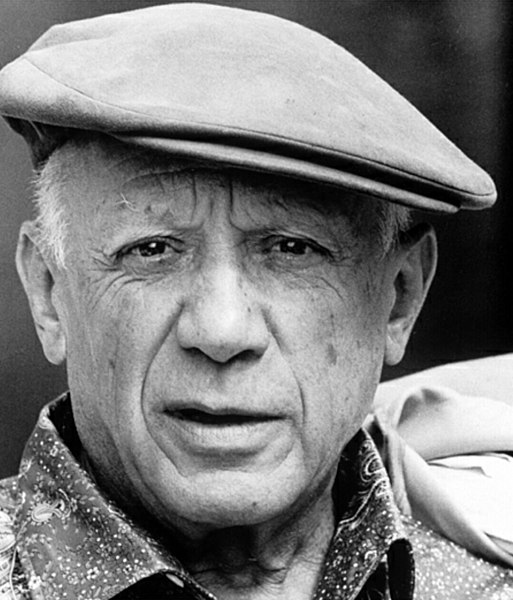Pablo Picasso // A Philosophical Exploration of his Artistic Legacy

Paul Picasso, Wikipedia Commons
What is unique about the most important ideas in Picasso's work is the relationship between realities. Through his development of art, from realism to cubism and abstraction, Picasso challenged the traditional idea that reality is fixed and objective. For example, his famous cubist period divided reality into parts that, when viewed together, revealed new ideas. This division suggests that our idea of “reality” can vary depending on perception and interpretation. In this way Picasso questioned the stability of reality and asked that the emotions that arise in the human situation be considered.
The relationship between art and reality is another important theme in Picasso's philosophy. His works often explore deep social issues, conflicts, pain and passion. Through his paintings and writings, Picasso demonstrated the complexity of human emotions and the truth behind them. His works reveal the beauty and ugliness of the world and, through this, he finds the truth and reality of life and art. He said that art should be a mirror that reflects the truth, even if the truth is vague or difficult.
Characteristic of Picasso's philosophy was his emphasis on freedom and experimentation. In his work he breaks established rules, he constantly challenges artistic practice and reinvents his own style. This constant search for new things and innovation reflects a firm belief in creative freedom and a desire to break away from the limitations of tradition. Picasso argued that artists should be free to explore, discover and express themselves without restrictions, and to include ideas about the independence and authenticity of life.
From my point of view, dear reader, Picasso's philosophy also addressed the question of identity and multiplicity. Through his work, he explored the idea that people are complex and multifaceted. Portraits of him and depictions of human figures often present different perspectives and facets of the same person, suggesting that identity is not static, but fluid and changing. This reflection on the nature of human identity raises philosophical questions about who we really are and how we perceive ourselves.
In short, Pablo Picasso's philosophy, as manifested in his work, questions the nature of reality, explores the connection between art and truth, advocates creative freedom, and challenges the stability of identity. Through his art, Picasso invites us to question and reflect on deep and complex questions that go beyond painting and that remain relevant in contemporary philosophy and culture.
His legacy is a reminder of art's ability to provoke questions and challenge our conventional conceptions, and his philosophy continues to be a source of inspiration for those seeking to understand the world and humanity from a deeper and more reflective perspective.